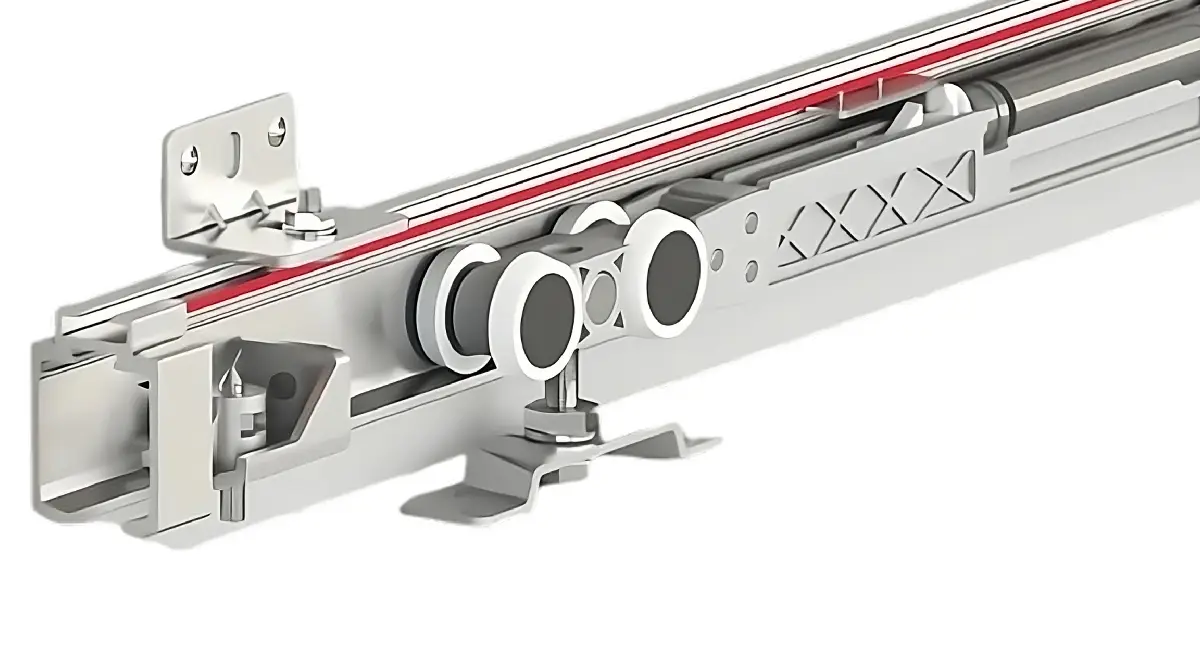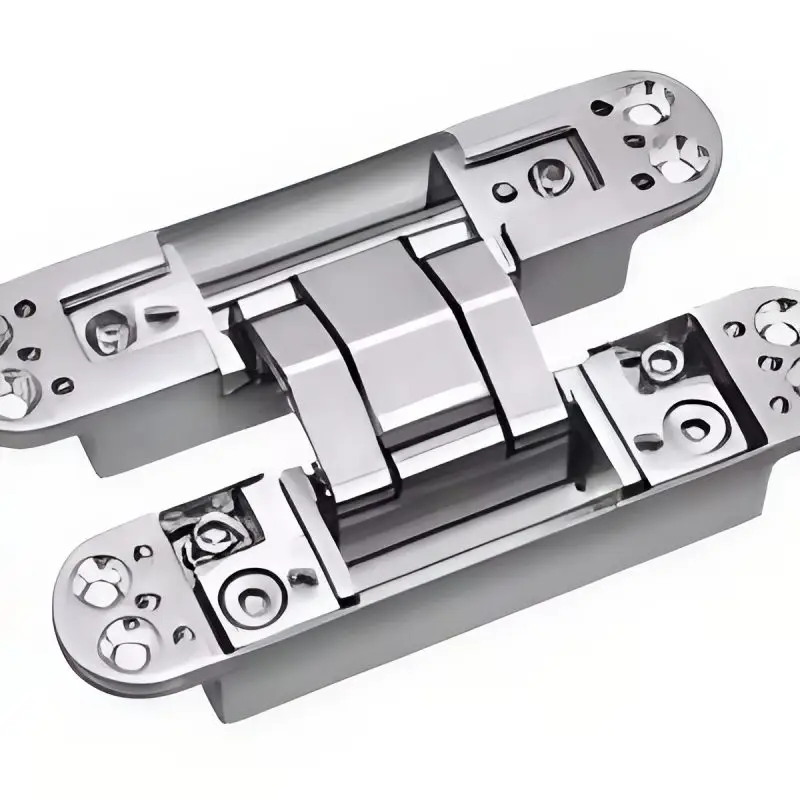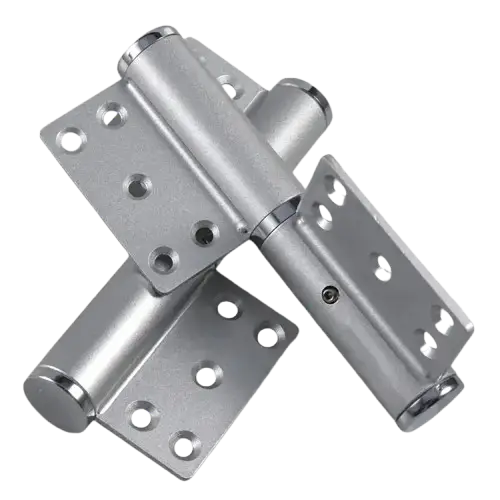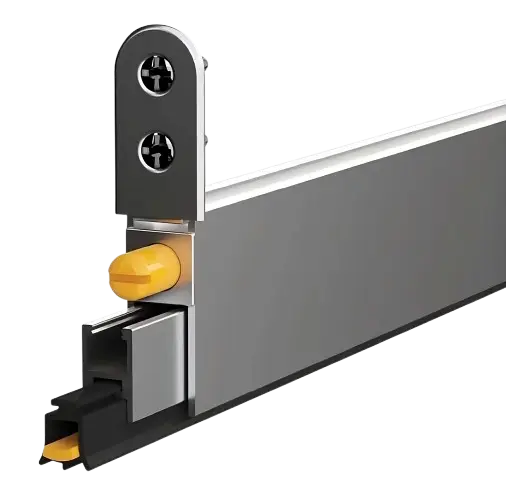
When it comes to building safety, energy efficiency, and convenience, self-closing door accessory plays a crucial role. Whether you’re a homeowner, business owner, or contractor, understanding the benefits and options available for self-closing door accessory can help you make informed decisions for your property. In this article, we’ll explore what self-closing door hardware is, its benefits, types, and how to choose the right one for your needs.
What is Self-Closing Door Hardware?
Self-closing door hardware refers to mechanisms installed on doors to ensure they close automatically after being opened. These systems are commonly used in residential, commercial, and industrial settings to meet safety codes, improve energy efficiency, and maintain privacy. They are especially important in fire-rated doors, where ensuring the door closes properly can be a matter of life and death.

Benefits of Self-Closing Door Hardware
1. Enhanced Safety
Self-closing doors are essential for fire safety. They help contain smoke and flames, preventing them from spreading to other areas of a building. This is particularly critical in multi-family housing, offices, and public buildings.
2. Improved Energy Efficiency
Doors that close automatically prevent drafts, helping to maintain indoor temperatures and reduce heating or cooling costs.
3. Accessibility and Convenience
Self-closing doors are ideal for high-traffic areas where people may not always close doors behind them. They ensure doors are never left open accidentally.
4. Compliance with Building Codes
Many local building codes and regulations require self-closing doors in certain areas, such as stairwells, garages, and fire exit.
5. Noise Reduction
Self-closing doors can help reduce noise pollution by ensuring doors are shut firmly and quietly.

Types of Self-Closing Door Hardware
There are several types of self-closing accessory available, each suited for different applications:
1. Door Closers
Door closers are the most common type of self-closing hardware. They use hydraulic or pneumatic mechanisms to control the speed and force of the door closing. These are often mounted on the top of the door or concealed within the frame.
2. Spring Hinges
Spring hinges are a simpler alternative to door closers. They contain a built-in spring that automatically pulls the door shut. These are ideal for lightweight doors and residential applications.
These are mounted above the door and are commonly used in commercial settings. They offer adjustable closing speeds and are suitable for heavy doors.
4. Floor Springs
Floor springs are installed in the floor beneath the door and are often used in high-traffic areas or for heavy glass doors. They provide smooth and controlled closing.
5. Automatic Door Operators
These are motorized systems that open and close doors automatically, often used in accessible entrances or commercial buildings.

How to Choose the Right Self-Closing Door Accessory
When selecting self-closing door hardware, consider the following factors:
1. Door Type and Weight
Heavier doors require more robust hardware, such as overhead closers or floor springs. Lighter doors can use spring hinges or smaller door closers.
2. Traffic Volume
High-traffic areas may need durable, heavy-duty hardware that can withstand frequent use.
3. Fire Safety Requirements
If the door is part of a fire-rated assembly, ensure the hardware meets local fire safety codes.
4. Aesthetic Preferences
For a sleek look, consider concealed closers or floor springs. Overhead closers are more visible but offer greater adjustability.
5. Budget
Prices vary depending on the type and quality of hardware. While spring hinges are more affordable, automatic door operators are a higher-end option.
Installation and Maintenance Tips
Professional Installation: For optimal performance, have your self-closing door hardware installed by a professional.
Regular Maintenance: Lubricate moving parts, check for wear and tear, and adjust closing speeds as needed to ensure longevity.
Compliance Checks: Periodically verify that the hardware meets safety standards and building codes.
Conclusion
Self-closing door accessory is a smart investment for any property, offering safety, convenience, and energy efficiency. With a variety of options available, you can find the perfect solution to meet your needs. Whether you’re upgrading your home or outfitting a commercial building, self-closing doors are a practical and code-compliant choice.
Have questions about self-closing door hardware? Share them in the contact page or call to learn more!
*Disclaimer: Always consult local building codes and regulations before installing self-closing door hardware to ensure compliance.







